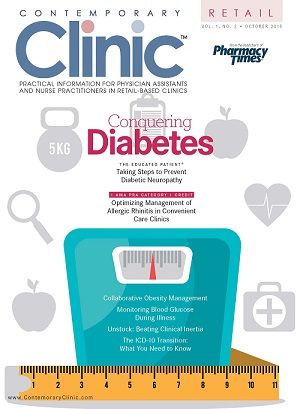Trends and Online Media: Patients Would Like to be Able to Contact Their Doctors Online
Effective communication between patient and physician is a vital component in the quality of care. A study published in theJournal of General Internal Medicinesurveyed 2252 patients in the retail setting on their interest in communicating with their doctor via e-mail, Facebook, and other social media.
The survey results show that 46% of patients in the study were interested in receiving their personal health information through e-mail, and 4% to 5% already do, and that 57% were interested in using physicians’ websites for health information.
Despite the large interest in online access to health information, very few patients take advantage of this convenience. Some hospitals have started using electronic health records (EHR) systems to support this patient interest, but only 7% of patients report actually accessing these systems for a variety of possible reasons. It is likely that most patients may not know online systems exist. Accessing the EHR portal may also be cumbersome, detracting from patient use, despite vast interest. Conversely, despite the clear interest from patients, physicians may not want to communicate with patients online. Physicians are aware of the possible HIPAA implications when communicating through personal e-mail or social media, and they may not want to take on the extra burden of constantly checking e-mail to ensure they are responding to their patients’ concerns in a timely manner.
The study results showed there is a very strong interest from patients to be able to contact their doctors online, despite that it is not being utilized as much as they would like. Whether doctors will follow this trend toward online communication is not clear, but according to patient interest in the study, future exchange of health information via email and internet could become a mainstay in clinical practice.

